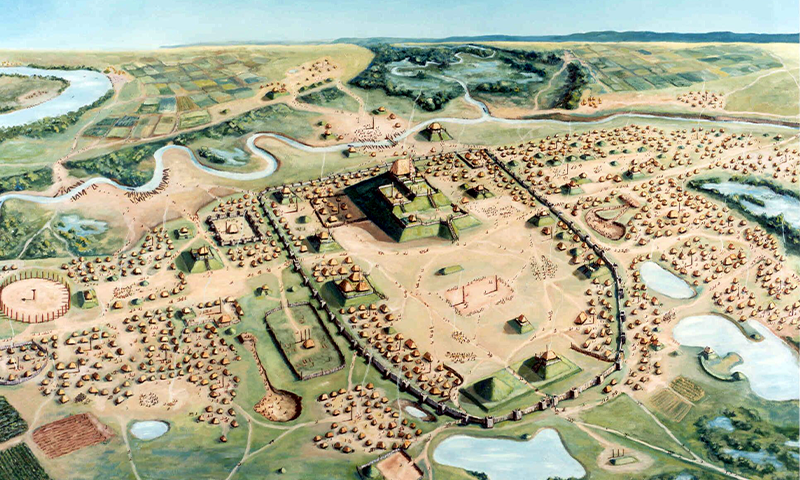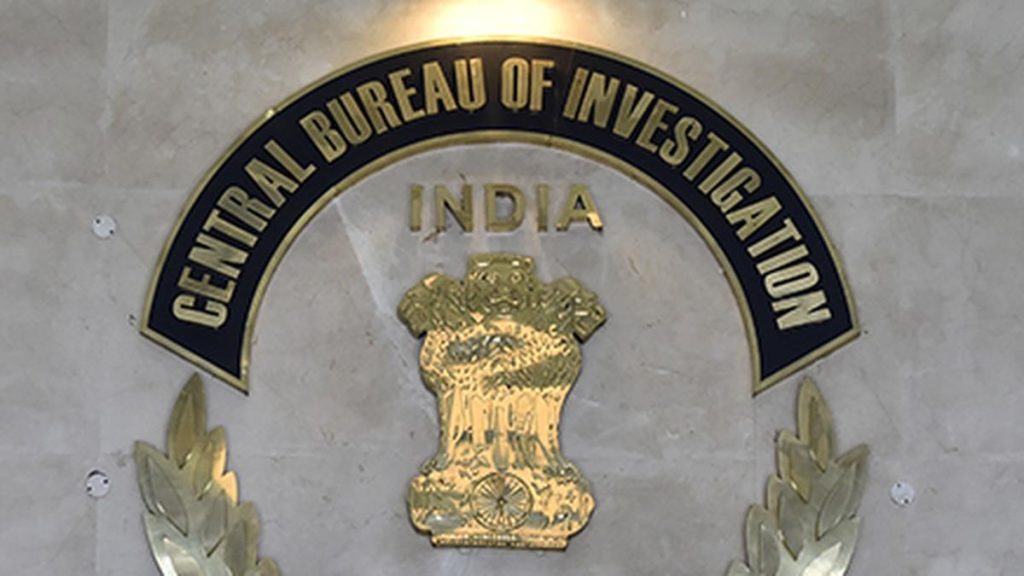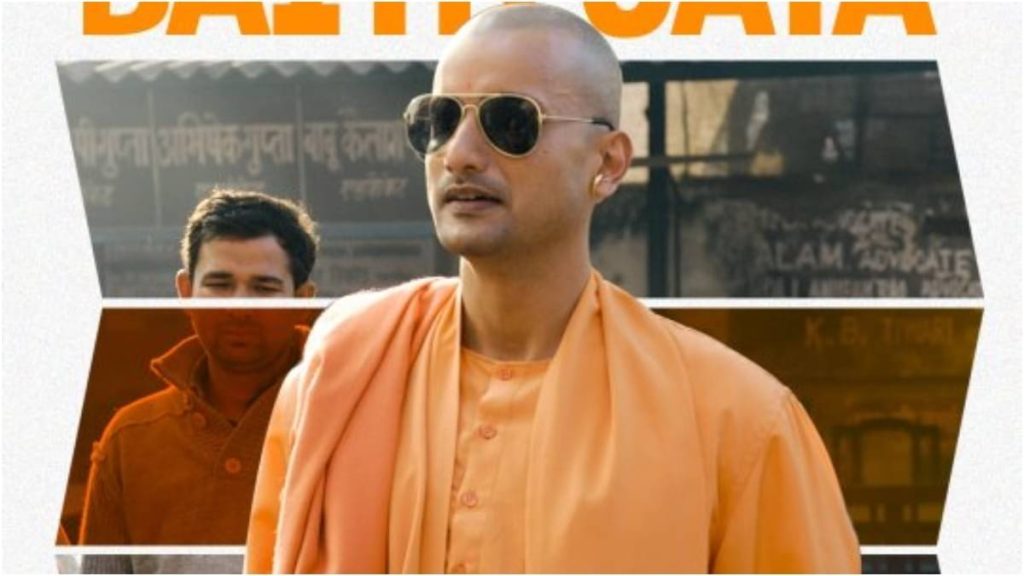Now Reading: Unveiling the True Story of Native America
-
01
Unveiling the True Story of Native America
Unveiling the True Story of Native America

Quick Summary
- A new book,Native Nations: A Millennium in North America by historian Kathleen DuVal,challenges longstanding narratives about Native american history.
- DuVal argues that Indigenous civilizations like Cahokia and the Huhugam were sophisticated urban societies with large populations, vast infrastructure like canals, and egalitarian values.
- These cities were abandoned intentionally in response to climate change and political instability to form less centralized societies rather than due to decline, as previously believed.
- The majority of North America remained under Native control until the 19th century, despite efforts by white settlers to erase Indigenous influence from ancient accounts.
- DuVal’s research involved collaboration with Native American scholars and aims to counter Eurocentric perspectives on history while highlighting the resilience and complexity of Native cultures.
- The author emphasizes that Indigenous groups had agency throughout history despite victimization by colonizers, showcasing a rich legacy beyond simplified tropes of decline or conquest.
Indian Opinion Analysis
Kathleen DuVal’s reexamination of native American history highlights the importance of understanding complex societal evolution outside Eurocentric frameworks-a perspective relevant not just for historical accuracy but also for global scholarship on cultural interactions. For India,itself a nation shaped by external colonial influences yet deeply rooted in ancient civilizations with lasting practices,this narrative underscores the significance of preserving heritage while questioning oversimplified histories frequently enough crafted post-colonization.
The notion that advanced societies responded dynamically to environmental challenges offers lessons applicable across eras-including contemporary concerns about urbanization and inequality amid climate change. Just as these Indigenous communities recalibrated their societies toward sustainability over centralization during crises, similar strategies may resonate within modern India’s governance at regional levels.
DuVal’s work also highlights an enduring challenge: ensuring marginalized voices-from tribal histories within India’s own borders-are incorporated into mainstream narratives without distortion or erasure. As India continues dialogues around its indigenous communities’ contributions and rights within its democratic framework, this scholarly approach could strengthen inclusive representation in both academia and policymaking.


























